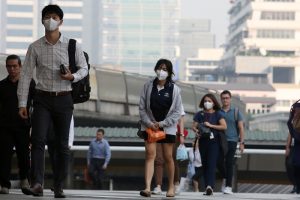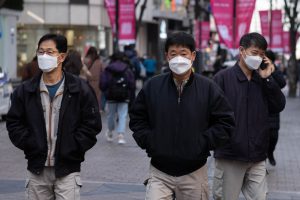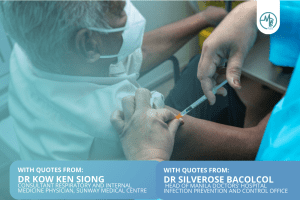Sun protection is vital for healthy skin, especially in Asia, where intense sun exposure is a daily reality for many.
With so many sunscreens on the market, it can be challenging to determine the right SPF (Sun Protection Factor) for your needs. This article will help you understand the role of SPF in sun protection, how to choose the right sunscreen, and tips for proper application.
SPF Explained: Decoding the Numbers
SPF measures a sunscreen’s ability to protect your skin from harmful ultraviolet B (UVB) rays, which cause sunburn and contribute to skin cancer. The SPF number indicates how much longer it would take for your skin to burn compared to wearing no sunscreen. For instance, using an SPF 30 sunscreen theoretically means it would take 30 times longer for your skin to burn.
However, SPF is not a linear scale, and a higher number does not always mean significantly better protection. SPF 15 filters out about 93% of UVB rays, SPF 30 filters out approximately 97%, and SPF 50 blocks around 98%.
Choosing the Right SPF: Factors to Consider
- Skin type: Individuals with fair skin, light hair, and light eyes are more susceptible to sunburn and should opt for a higher SPF sunscreen, ideally SPF 30 or above.
- Location and climate: The sun’s intensity varies across regions in Asia. Equatorial areas receive stronger UV radiation, making higher SPF sunscreens crucial. Meanwhile, an SPF 15 to 30 sunscreen may suffice in cooler or less sunny regions.
- Activity level: If you plan to spend extended periods outdoors, swim, or engage in physical activities, consider using a higher SPF, water-resistant sunscreen.
- Prior skin damage: If you have a history of sunburn, sun damage, or skin cancer, using a higher SPF sunscreen is crucial to reduce further damage and associated risks.
Broad-Spectrum Protection: Don’t Forget UVA
While SPF measures protection against UVB rays, it’s essential to choose a broad-spectrum sunscreen that also protects against UVA rays. UVA rays penetrate deeper into the skin, causing premature aging and contributing to skin cancer. Look for sunscreens labelled “broad-spectrum” or containing ingredients like zinc oxide or avobenzone.
Applying Sunscreen Correctly: Maximising Protection
- Apply generously: Use at least 1 ounce (approximately a shot glass full) of sunscreen to cover your entire body. Skimping on sunscreen can reduce its effectiveness.
- Timing matters: Apply sunscreen 15 to 30 minutes before sun exposure to allow it to bond with your skin properly.
- Reapply frequently: Reapply sunscreen at least every two hours, and more often if swimming or sweating.
- Don’t miss spots: Pay attention to often-neglected areas, such as the ears, neck, lips, and tops of the feet.
- Expiration dates count: Sunscreen loses its effectiveness over time. Always check the expiration date, and replace expired products.
Conclusion
Choosing the right SPF sunscreen can make all the difference in protecting your skin from the sun’s harmful rays, particularly in Asia’s diverse climates. By considering factors like skin type, location, and activity level, you can select a suitable SPF and enjoy the outdoors with confidence. Remember to apply sunscreen generously, reapply frequently, and opt for broad-spectrum protection to keep your skin healthy and radiant.













